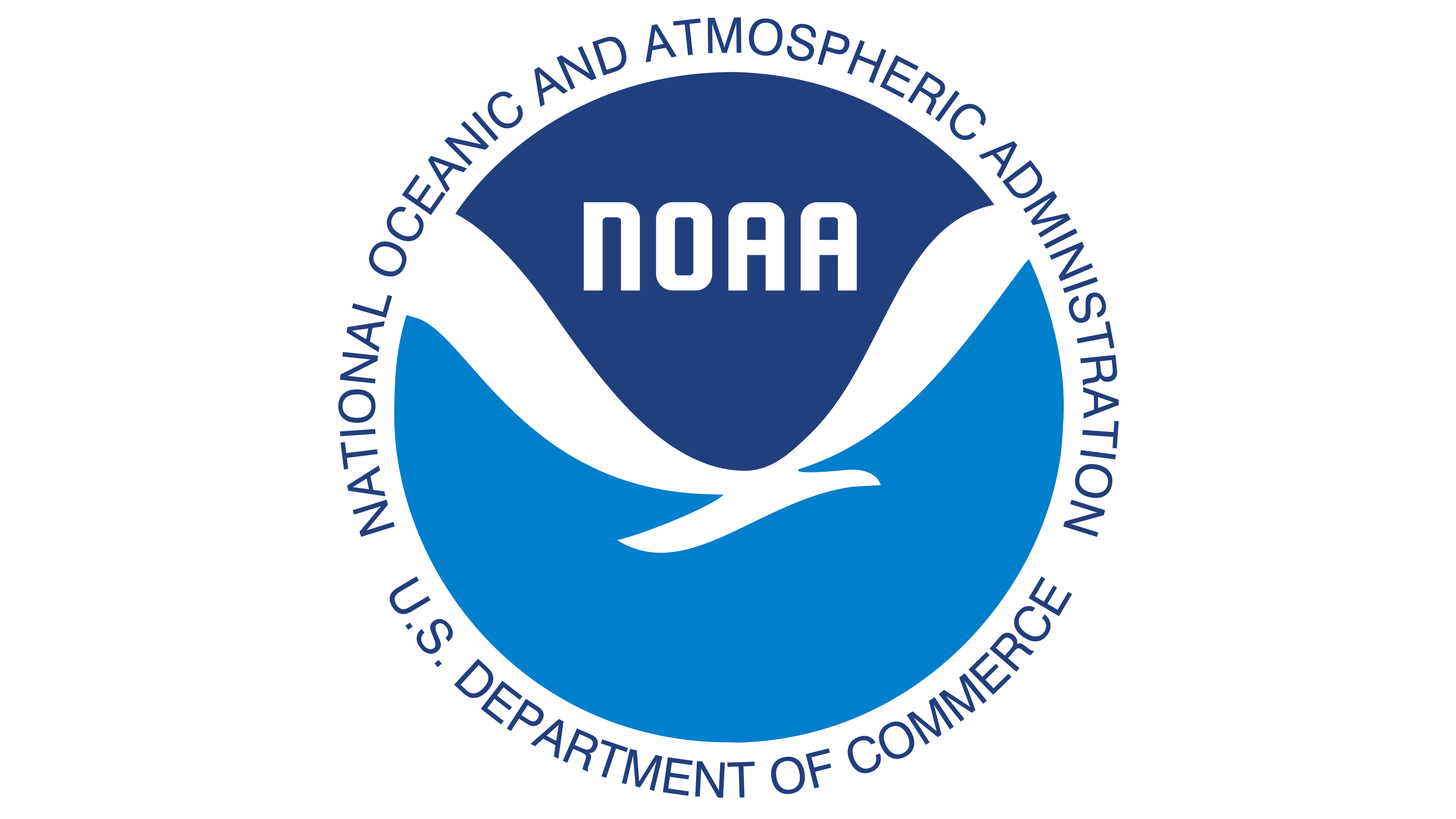Current News for NOAA Weather: A Comprehensive Overview
The National Oceanic and Atmospheric Administration (NOAA) plays a crucial role in monitoring and forecasting weather conditions across the United States. As of early January 2025, there are numerous updates and reports regarding current weather conditions, forecasts, and significant weather events affecting various regions. This article provides a detailed summary of the latest news and resources related to NOAA weather.
Key Resources for Current Weather Conditions
National Weather Service (NWS) Current Conditions
- The NWS provides real-time updates on U.S. weather conditions, including temperature, sky conditions, visibility, precipitation types, and wind speed. This information is sourced from surface observation stations across the country.
- For more details, visit the Current Conditions page.
Regional Weather Updates
- Specific states, such as Iowa, have dedicated pages for localized weather conditions. The Current Conditions in Iowa page offers a weather roundup, including cloud cover and visibility reports.
Major Weather Events
- The NWS has reported a major winter storm expected to impact areas from the Central Plains to the Mid-Atlantic. This storm is anticipated to bring significant snowfall and ice accumulation, affecting millions of residents.
NOAA News and Updates
- The NOAA News page features the latest updates on weather hazards, air quality, and significant events, including the successful launch of NOAA's latest geostationary weather satellite, GOES-R.
Forecasting and Alerts
- The NWS provides forecasts and alerts for severe weather, including droughts and fire weather conditions. For detailed forecasts, visit the NWS Forecast page.
Recent Weather Alerts and Events
Winter Storm Alerts
As of January 4, 2025, approximately 60 million people are under weather alerts due to a winter storm affecting the Plains and Mid-Atlantic regions. This storm is expected to bring heavy snow and ice, leading to potential disruptions in travel and power outages. For more information, refer to the article on NBC News.

January Weather Outlook
The January weather outlook for Massachusetts has been released, indicating potential temperature fluctuations and precipitation patterns. This forecast is crucial for residents and businesses planning for the month ahead. More details can be found in the report by WWLP Springfield.
Tornado and Weather-Related Losses
NOAA has reported that 2024 was a historic year for severe weather, with 1,762 tornadoes recorded from January to November, marking the highest number in a decade. This year also saw 24 billion-dollar weather disasters, highlighting the increasing impact of severe weather events. For further insights, check the report from KIAH Houston.
Research Funding Announcements
NOAA has announced up to $1 million in funding for research projects aimed at supporting local communities in Alaska. This funding is part of NOAA's commitment to enhancing weather-related research and preparedness. More information can be found in the article from The Cool Down.
Videos and Educational Resources
NOAA also provides a variety of educational videos related to weather forecasting and significant weather events. Some notable videos include:
- NOAA's GOES-T Weather Satellite Launch: A detailed overview of the launch and its implications for weather forecasting. Watch here.
- Winter Forecast 2023-24: Insights into the expected El Niño conditions and their impact on weather patterns in Washington. Watch here.
- Recap of Heavy Rain Events: A summary of significant rainfall events in New York City. Watch here.

The NOAA continues to be a vital source of information regarding weather conditions and forecasts across the United States. With millions of people affected by winter storms and significant weather events, staying informed through reliable resources is essential. For the latest updates, forecasts, and alerts, individuals are encouraged to visit the official NOAA and NWS websites.
For further exploration of current weather conditions, forecasts, and educational resources, please refer to the links provided throughout this article.





